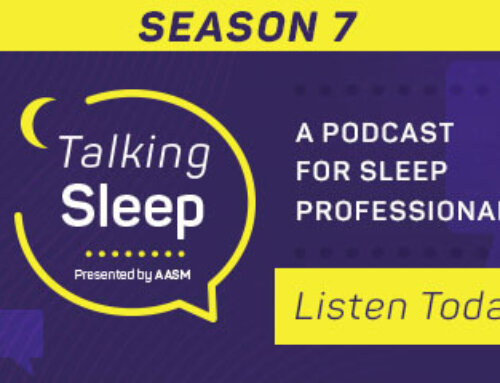Season 6 | Episode 9
DR. DOUGLAS BRADLEY, GUEST
The world of sleep medicine has had several large recent disruptions with COVID-19 and the Philips Respironics recall. These haven’t been the only ones. If we look back almost a decade, sleep medicine was disrupted by the SERVE-HF results and field safety notice for ResMed ASV devices. Another trial was conducted around the same time as SERVE-HF but utilized Philips ASV devices. Those results have now been published and provide some insight into the use of peak-flow-triggered ASV for those with an ejection fraction of 45% or below. Dr. Douglas Bradley is here to share his results and to offer his thoughts on the use of ASV.

Dr. T. Douglas Bradley completed his medical degree at the University of Alberta in Edmonton in 1978 then went on to complete residency training in Internal Medicine and Respirology at the University of Toronto, and post-graduate research training at the University of Toronto and McGill University in Montreal. He is Professor of Medicine and former Director of the Sleep Research Laboratories of the University Health Network and is the former Director of the University of Toronto’s Division of Respirology. His clinical and research work focuses on the relationship between sleep apnea and cardiovascular diseases.
Resources
- Bradley TD, Logan AG, Lorenzi Filho G, Kimoff RJ, Durán Cantolla J, Arzt M, Redolfi S, Parati G, Kasai T, Dunlap ME, Delgado D, Yatsu S, Bertolami A, Pedrosa R, Tomlinson G, Marin Trigo JM, Tantucci C, Floras JS; ADVENT-HF Investigators. Adaptive servo-ventilation for sleep-disordered breathing in patients with heart failure with reduced ejection fraction (ADVENT-HF): a multicentre, multinational, parallel-group, open-label, phase 3 randomised controlled trial. Lancet Respir Med. 2024 Feb;12(2):153-166.
https://doi.org/10.1016/s2213-2600(23)00374-0 - Lorenzi-Filho G, Drager LF, Bradley TD. Adaptive servo-ventilation for central sleep apnea: What are the lessons learned? Pulmonology. 2023 Mar-Apr;29(2):105-107.
https://doi.org/10.1016/j.pulmoe.2022.10.010

